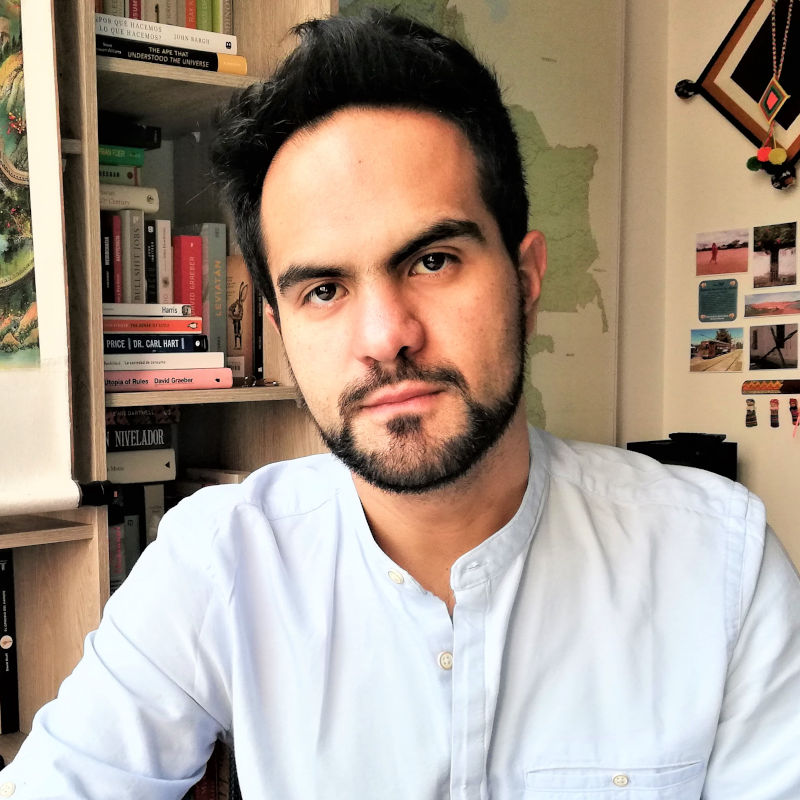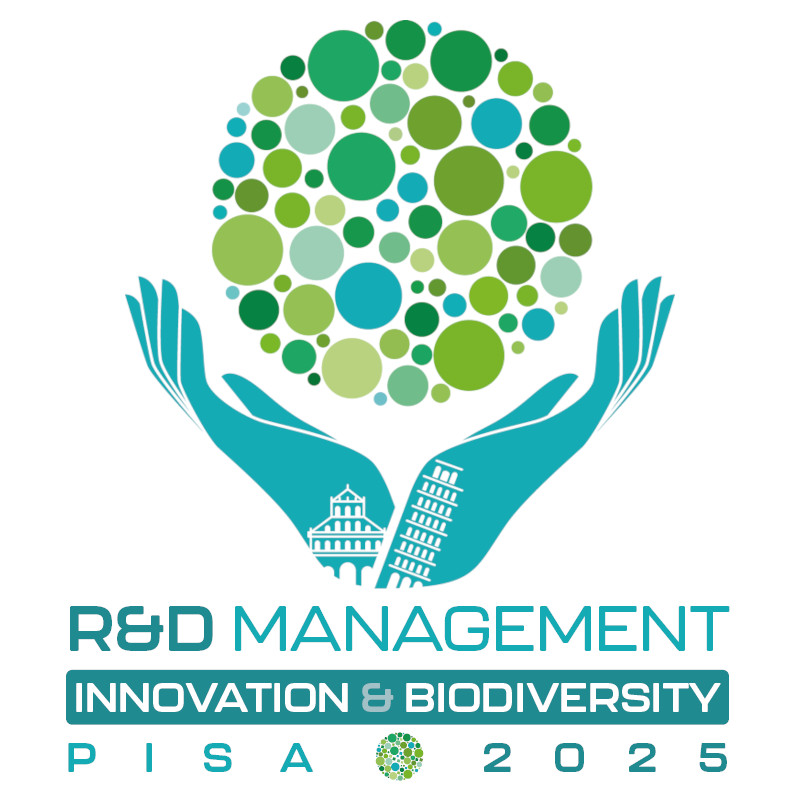“Given the urgency of addressing biodiversity loss and the role of innovation ecosystems in sustainable development, this topic is both timely and highly relevant,” says Julián D. Cortés, School of Management and Business, Universidad del Rosario. Julián is Chair of track 1.2 at the R&D Management Conference 2025.
Network science – the study of complex networks and their interactions – has a key role in the development of policy frameworks and innovation that promotes a sustainable future.
Julián says that the topic of the track aligns closely with his academic work, which embraces the Science of Science and Network Science.

“Currently, I lead the SCIN Data Lab at Universidad del Rosario, another platform composed by (under)graduate students, academics, and practitioners in Colombia and Ibero-America, where we explore these themes using empirical data and network science approaches.
“The Science of Science allows us to reveal the factors that generate discoveries and innovations as a product of the structure formed by researchers, inventors, groups and research and development centers, universities, companies, and the ideas that they generate. Network science, on the other hand, allows us to study systems such as communities of researchers, inventors, ideas, inventions or organizations through the different elements that make them up and their mutual connections.
“By combining these two disciplines, we can gain a deeper understanding of the scientific landscape and how it is changing. This knowledge can be used to make informed decisions about how to support research and innovation.”
Track 1.2 Sustainable Synergies: Innovation Ecosystems and Biodiversity for a Sustainable Future
The relationship between innovation ecosystems and biodiversity presents both opportunities and challenges, as these systems are fundamentally intertwined.
Achieving synergies between these domains requires complex, multifaceted strategies, including adaptive governance, supportive economic policies, and intellectual property frameworks that align technological advancements with ecological preservation.
This track aims to facilitate meaningful dialogue between scholars, policymakers, and industry stakeholders.
Key areas of focus include:
- influence of innovation ecosystems on biodiversity
- importance of biodiversity in driving innovation
- creation of adaptive governance and policy frameworks.
Discussions will also explore how innovation can contribute to achieving the SDGs through conservation efforts and sustainable business practices.

R&D Management Conference 2025:
Innovation & Biodiversity
Institute of Management of Scuola Superiore Sant’Anna, Pisa
30 June – 2 July 2025
Track 1.2 Sustainable Synergies: Innovation Ecosystems and Biodiversity for a Sustainable Future
Track chair: Julián D. Cortés – School of Management and Business, Universidad del Rosario, Colombia; Engineering School, Universidad de Los Andes, Colombia
Co-chairs:
Claudia González Brambila, Division of Business, Department of Business Administration, Instituto Tecnológico Autónomo de México (ITAM), México
Astrid Jaime, School of Engineering, Corporación Universitaria Minuto de Dios, Uniminuto, Colombia
Aglaya Batz Lineiro, School of Management and Business, Universidad del Rosario, Colombia

